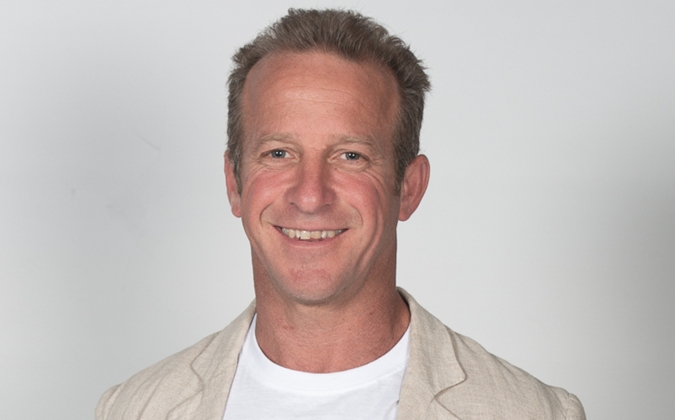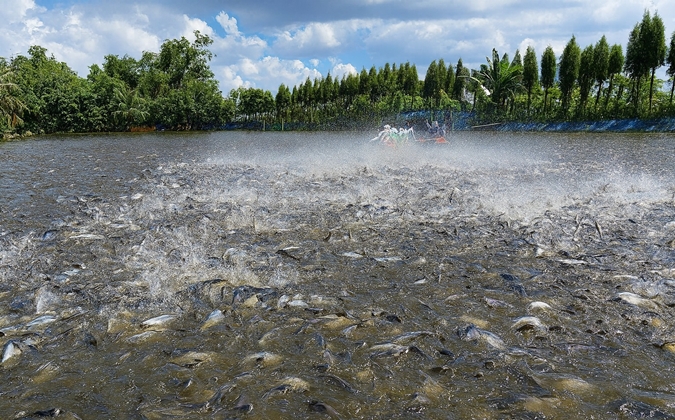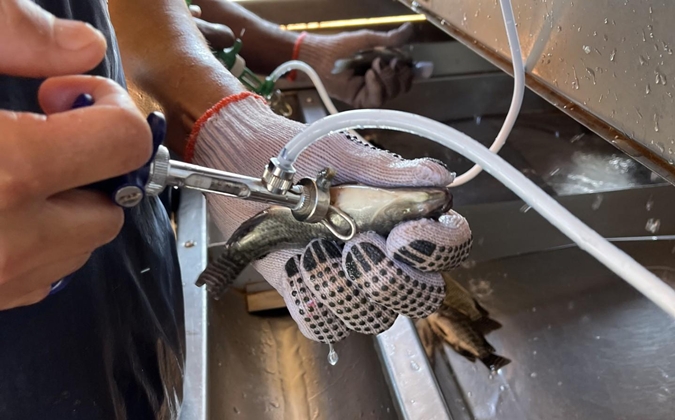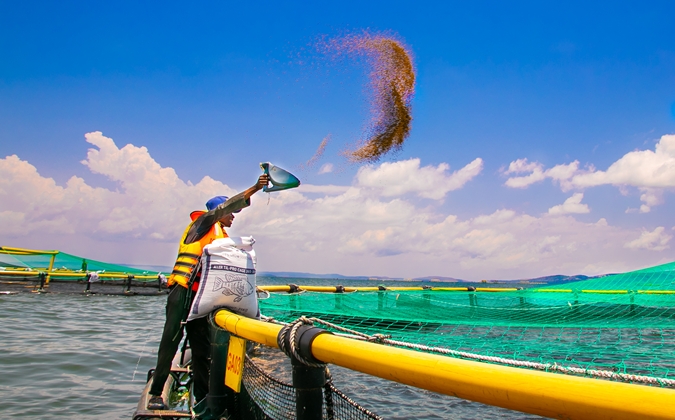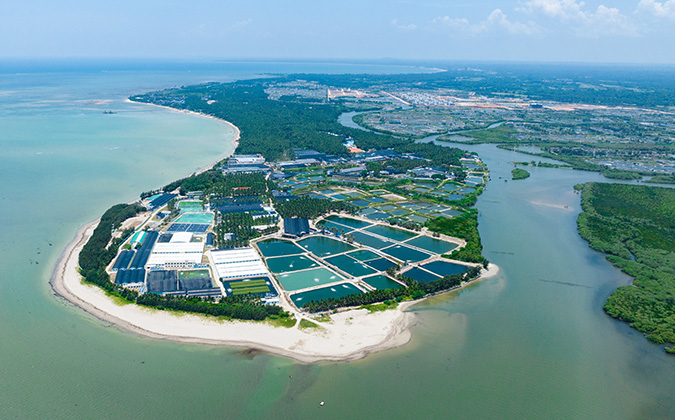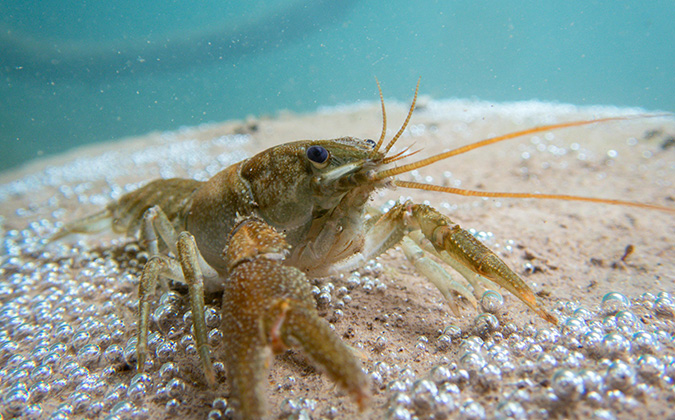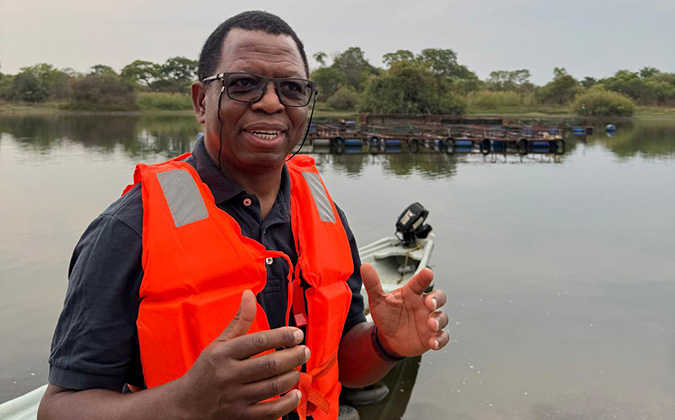
Fish Farm Forum is pleased to host this editorial page on behalf of Pharmaq.
Pharmaq
Norwegian connection helps grow sustainable roots for Sub-Saharan aquaculture
Africa is ripe for an aquaculture boom — and a connection to Norway is putting building blocks in place to ensure that growth comes alongside fish health and sustainability.
Since 2014, the Norwegian University of Life Sciences (NMBU) has been working in Sub-Saharan Africa to train the region’s next generation of aquaculture professionals on the key facets of fish-health management. The project began in 2014, with NMBU forging partnerships with universities in Uganda, Zambia, Tanzania and Kenya, backed by funding from the Norwegian Agency for Development Cooperation (NORAD).
“When we started, there was no capacity when it comes to fish or environmental health related to aquaculture,” said Stephen Mutoloki, DVM, PhD, professor at NMBU. “The reason being that most veterinary schools, when they trained veterinarians, they usually gave them an introduction to fish diseases for only about 3 months at most. Most of the veterinarians knew very little about fish when they graduated.
“With the expansion of aquaculture in Sub-Saharan Africa, fish-health knowledge was lacking, and when you have an increase in fish production, it’s usually associated with an increase in disease incidence.”
Creating impact far beyond academia
So far, the collaboration has seen students put through a specially designed MSc course, while PhD students were initially all registered at NMBU but trained through a sandwich program, with part of their research projects carried out at institutions in their home countries.
Ten PhD candidates have graduated so far and are now working in Sub-Saharan Africa, while another seven are still pursuing their studies. Some of these are now registered at home institutions, demonstrating growth in capacity. Furthermore, three post-docs are working with NMBU professors to advance fish health in the region. More recently, the partnership was expanded to include new collaborations with universities in Malawi and Mozambique, and another project in Nigeria and Ghana addressing fish and environmental health was commissioned with NORAD funding.
While the capacity-building program was initially focused on training people who would work for universities and be able to then train others, it quickly became clear that capacity was lacking at many levels, including in government and in production companies, Mutoloki continued.
“The market was open, so what happened was that some of the people that we trained were quickly absorbed into these organizations. Some of them are now working in high government positions, whilst others have got into the private sector,” he said.
“They are absorbed in all places, and that also becomes an advantage for us, because then it means that we have access not only to information but also different institutions in Sub-Saharan Africa.”
The results of this are beginning to be seen, he said, noting that there have been some general moves toward more science-driven policy making in countries where they are working. There are also some notable examples of when work by students from the program has changed thinking on specific fish-health issues at a national level.
One such example was during an outbreak of cholera in one country, where it was feared that farmed fish were a source of infection for humans, resulting in a total ban on the sale of fish products. Studies by students demonstrated that fish were not a reservoir for the cholera bacteria as the fish species in question was not naturally infected by the bacteria, suggesting that any infection via fish must have come from later contamination.
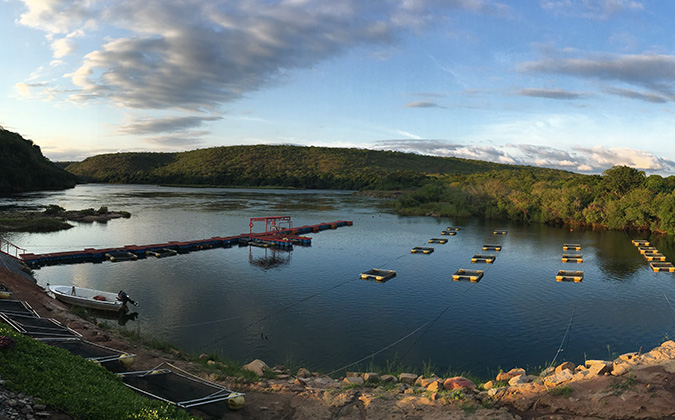
New partnership will deepen connections
Now, the team at NMBU has joined up with the A.L.P.H.A. Plus initiative, an animal-health collaboration between Zoetis and the Bill & Melinda Gates Foundation. It’s a matter of shared interests, Mutoloki explained, with A.L.P.H.A. Plus looking to evaluate the need for fish-health interventions in the regions where NMBU has been working for over a decade.
“Ultimately, the goal is to have increased fish production as a source of protein for human beings. One way that we are going to make sure that this happens is by reducing the number of diseases that are affecting the industry,” he continued.
“That is one of the biggest challenges that we see in Africa now. This partnership is going to make sure that this angle is covered, and then hopefully we can have a boom in production.”
Advancing knowledge on farms
Bacterial diseases pose the main threats in the region, although in West Africa there are also issues with viral diseases causing mortalities. While the academic studies and training by NMBU and their African partners partly reflects this with a focus on fish diseases, another strand of the work looks at environmental issues, in particular water contamination from industries such as mining in some of the regions where fish are also produced.
The species focus is on Nile tilapia, the most widely cultured fish in Sub-Saharan Africa. While some tilapia producers involved with the initiative are considered “trend-setters” in issues of fish disease and biosecurity, others are working from a more basic starting point. Things are changing across the board though, according to Mutoloki, with greater openness from major fish producers to ideas about health management.
“At the time that we started, which is not very long ago, a lot of people believed that fish did not get sick. That has changed over time,” he said.
“Now we are getting there; we have a possibility to work with the individual farmers and draw up programs, even to influence them to an extent where they are open to have a vaccination program running on their farms.”
With the new A.L.P.H.A. Plus partnership opening up the prospect of bringing preventative technologies to tilapia producers in Sub-Saharan Africa, alongside deepened academic and technical training, there is growing room for optimism as African aquaculture increases its impact, both on the continent and beyond.
Posted on: November 11, 2024


